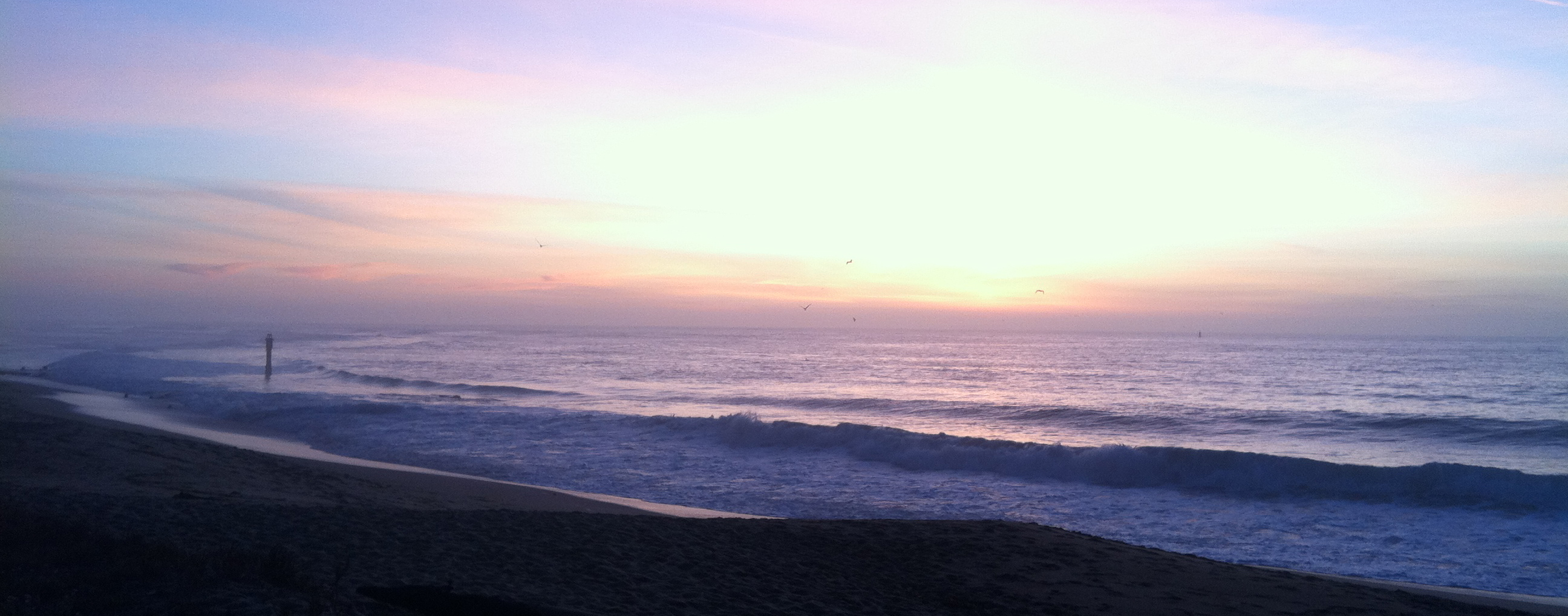O'Neills & Petries
These are the collections that first committed the traditional music of Ireland, which was passed down orally, to paper. Chief Francis O'Neill's collections are the more well know, but George Petrie's were collected earlier. What is truly amazing is that both of these men undertook these collections as side projects to their carriers. Neither were historians, anthropologists, or, even primarily musicians.
The following is lifted from Wikipedia.
George Petrie (1 January 1790 – 1866), was an Irish painter, musician, antiquary and archaeologist of the Victorian era. He was born in Dublin, Ireland, and grew up there.
He was interested in art from an early age. He was sent to the Dublin Society's Schools, being educated as an artist, where he won the silver medal in 1805, aged fourteen.
In the late 1820s and 1830s, Petrie significantly revitalized the Royal Irish Academy's antiquities committee. He was responsible for their acquisition of many important Irish manuscripts, including an autograph copy of the Annals of the Four Masters, as well as examples of insular metalwork, including the Cross of Cong. His writings on early Irish archaeology and architecture were of great significance, especially his Essay on the Round Towers of Ireland, which appeared in his 1845 book titled The Ecclesiastical Architecture of Ireland. He is often called "the father of Irish archaeology". His survey of the tombs at Carrowmore still informs study of the site today.
From 1833 to 1843 he was employed by Thomas Colby and Thomas Larcom as head of the Topographical Department (the antiquities division) of the Irish Ordnance Survey. Amongst his staff were John O'Donovan, one of Ireland's greatest ever scholars, and Eugene O'Curry. During part of this time Petrie was editor of two popular antiquarian magazines, the Dublin Penny Journal and, later, the Irish Penny Journal.
Another major contribution of Petrie's to Irish culture was the collection of Irish airs and melodies which he recorded. William Stokes's contemporary biography includes detailed accounts of Petrie's working methods in his collecting of traditional music: 'The song having been given, O'Curry wrote the Irish words, when Petrie's work began. The singer recommenced, stopping at a signal from him at every two or three bars of the melody to permit the writing of the notes, and often repeating the passage until it was correctly taken down . . .'
As an artist, his favorite medium was watercolor which, due to the prejudices of the age, was considered inferior to oil painting. Nonetheless, he can be considered as one of the finest Irish Romantic painters of his era. Some of his best work is in the collections of the National Gallery of Ireland, such as his watercolor painting Gougane Barra Lake with the Hermitage of St. Finbarr, Co. Cork, 1831.
Francis O'Neill (August 28, 1848–January 26, 1936) was an Irish-born American police officer and collector of Irish traditional music.
O'Neill was born in Tralibane, near Bantry, County Cork. At the age of 16, he became a cabin boy on an English merchant vessel. On a voyage to New York, he met Anna Rogers, a young emigrant whom he later married in Bloomington, Illinois. The O'Neills moved to Chicago, and in 1873 O'Neill became a Chicago policeman. He rose through the ranks quickly, eventually serving as the Chief of Police from 1901 to 1905. He had the rare distinction, in a time when political "pull" counted for more than competence, of being re-appointed twice to the position by two different mayors.
During his time as chief, O'Neill recruited many traditional Irish musicians into the police force, including Patrick O'Mahony, James O'Neill, Bernard Delaney, John McFadden and James Early. He also collected tunes from some of the major performers of the time including Patsy Touhey, who regularly sent O'Neill wax cylinders and visited him in Chicago. He also collected tunes from a wide variety of printed sources.
O'Neill retired from the police force in 1905. After that, he devoted much of his energy to publishing the music he had collected.
Petrie, Vol. 1
Petrie, Vol. 2
Petrie, Vol. 3
ONeill's Music Of Ireland
ONeill's Dance Music Of Ireland
ONeill's Waifs And Strays
